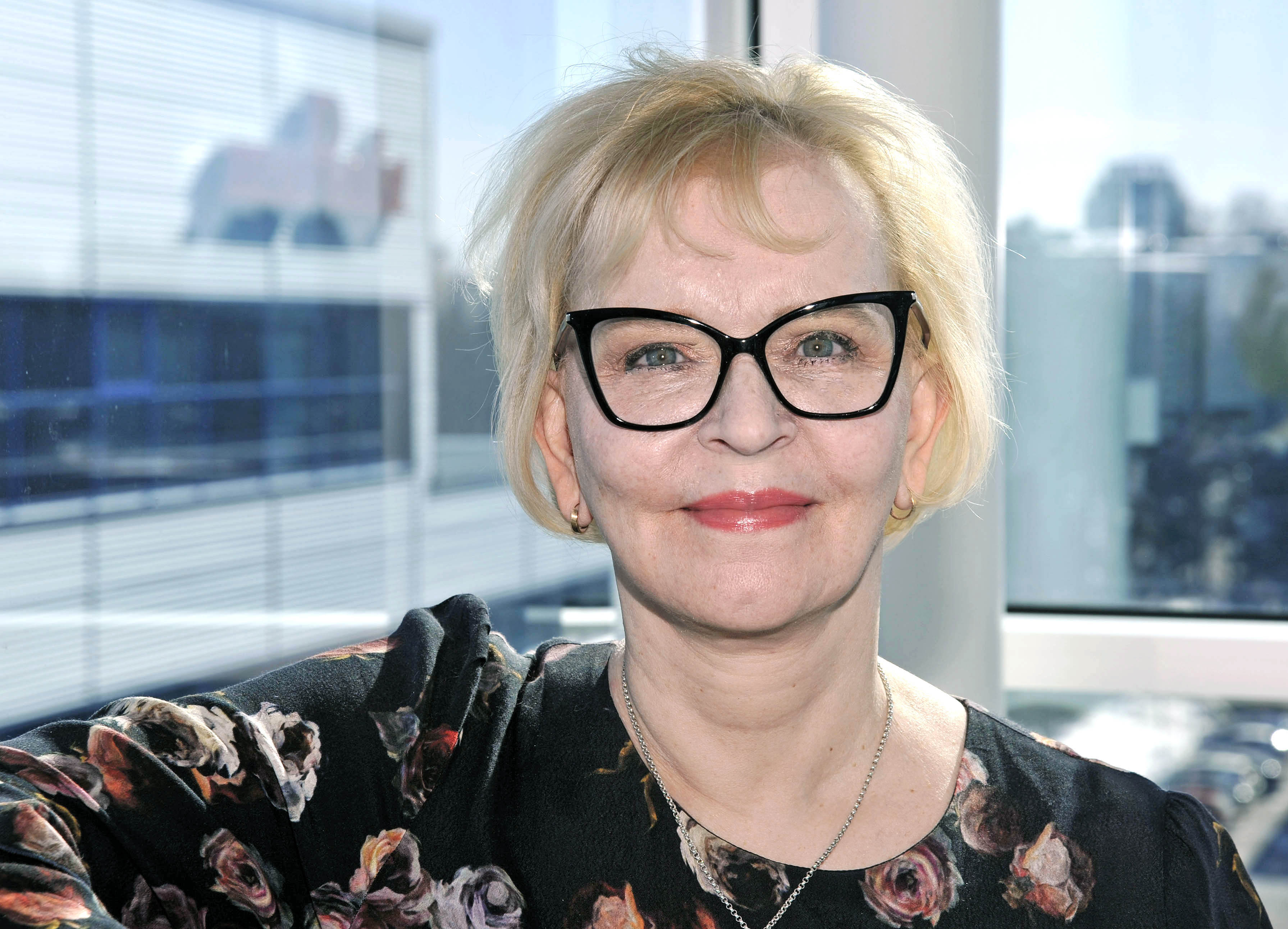Technology company Murata cut mental health related sick leave to nearly halve
At Murata, a company that develops and manufactures sensor technology and employs more than 1,000 people in Vantaa, mental health-related sick leave was on the rise, accounting for almost a quarter of all absences in 2020. The growing risk of work-related mental health problems was addressed together with occupational health, and in summer 2021 Murata introduced low-threshold mental health services and the possibility of brief psychotherapy at its occupational health clinic in Terveystalo. Since the introduction of these services, the number of absences due to mental health reasons has fallen by 40%. A similar saving in imputed costs has also been achieved.

– In Murata, mental health reasons were the single biggest cause of sick leave. By 2020, around one in four absences were due to mental health disorders, and the trend was upwards. Also compared to Terveystalo's "How Finland is doing" data, the proportion of absences due to mental health reasons was significantly higher. Something had to be done about the situation, not only from the point of view of employee well-being, but also for cost reasons," says Kirsi Nurmela, Head of Wellbeing at Murata Finland.
Half of Murata Finland's employees work in production and half in office work. Around 70% of the workforce is male, and there are many young people, especially in production.
– Production work requires a high degree of precision and diligence, regardless of the time of day. On the clerical side, the work is fast-paced and demanding, with a high level of expertise, especially in terms of psychological factors and time pressure. Work-related work-cycle risks have therefore been identified in both groups of employees," says Nurmela.

Kirsi Nurmela, Head of Wellbeing at Murata Finland
Change in absences from long to short periods
In the past, mental health problems caused Murata to take long absences. Now the focus has shifted from long to short absences. In 2022, short absences of less than 30 days accounted for 64% and long absences of more than 30 days for 37%. In 2020, the opposite was true, with well over half (61%) of long sickness absences and 39% of short ones.
– Catching mental health challenges early and starting treatment early will prevent the problem from getting deeper and more serious. The services now in place at Murata have clearly helped to reduce the risk of long-term disability and mental health support services have helped young adults to stay more involved in working life," says Tuija Turunen, leading psychologist and psychotherapist at Terveystalo.
Mental chat and sparring contacts clearly show the impact of leisure time stress on work performance.
– People are not different at work and in their free time, but personal life factors also affect their ability to work. Low-threshold services can also help to address non-work-related stressors and enable people to stay at work despite the challenges they face in their everyday lives, because at its best, work acts as a supportive element. Especially for young adults - represented by Murata staff - the contact is about personal life issues, such as family situations, relationship issues or concerns about the well-being of a loved one," says Turunen.
There is also encouraging evidence of the effectiveness of brief psychotherapy. Clients who have undergone brief psychotherapy have reported that their mood symptoms were reduced from moderate to normal levels during the treatment. Psychological symptoms were reduced and perceived psychological well-being and functioning improved significantly. Risk behaviour was relatively high at baseline and also showed an important downward change with the work. The results show a clear reduction in psychological symptoms during psychotherapy sessions when treatment is initiated in a timely manner, i.e. immediately after the onset of symptoms. The average Murata employee who has undergone brief psychotherapy has been a young adult male, reflecting the company's staffing structure.
Organisational culture supports mental well-being
At Murata, people are encouraged to seek help for mental health problems in a variety of ways. Services are regularly communicated to staff, and Murata's frontline staff are well aware of the mental health services available at the occupational health services, so they are able to signpost their team members to seek services when necessary.
– In our communications, we have sought to normalise mental health disorders and create an atmosphere where it is acceptable to talk about them. Frontline staff have been trained on how to observe and actively discuss the mental wellbeing of their team members in everyday life. I am particularly pleased that we have achieved such good results in such a short time, but the work continues. For example, we will continue to educate our frontline staff on wellbeing issues," says Nurmela.
Murata in a nutshell
- Murata Finland is part of the Japanese Murata Group, which employs more than 75 000 people worldwide. The technology centre in Vantaa employs more than 1000 professionals.
- Murata Finland contributes to the development of society with innovative sensor technology that improves car safety and people's quality of life.
- The company is the world's leading manufacturer of accelerometers, inclinometers and angular rate sensors. Its products offer the ultimate in reliability and accuracy for applications in the automotive industry, health technology and various industrial applications.
Read more articles

What is metabolic age and why should you care about it?
A new laboratory study by Terveystalo reveals how your body is aging. Metabolic age makes biological aging visible.

Smooth assistance for your needs – our AI assistant is now at your service
You can now find Terveystalo’s AI assistant on our website — a quick and easy way to get answers based on the information available on our site. For now, the assistant is available only on the Finnish‑language section of our website, but you can chat with it in English.

How technology helps relieve mental stress: "When the load is high, the threshold must be low."
Mental health disorders have overtaken musculoskeletal disorders, which had long been the leading cause of sick leave. Work is changing, and the range of sick leave caused by mental health issues has also changed. We must be able to offer new solutions to this challenge.

Extensive data set of 200,000 samples: Nightingale study reveals link between illness risks and sick leave
Data from the Finnish Nightingale study, which is used in Terveystalo's occupational health services, reveals a clear link between lifestyle-related health risks and sick leave. The exceptionally extensive data set of over 200,000 customers shows that people with a low risk of illness had significantly fewer absences, while those in high-risk groups had more absences. The results highlight the importance of preventive healthcare in ensuring work ability and the competitiveness of companies.

Strong identification speeds up your service experience when calling us
Soon you can identify yourself easily and securely before your call is answered. Read below to see how the identification process works.

Terveystalo's digital services have been awarded the internationally recognized ISO27001 information security certification.
Terveystalo's information security practices, processes, and risk management are in line with international best practices.